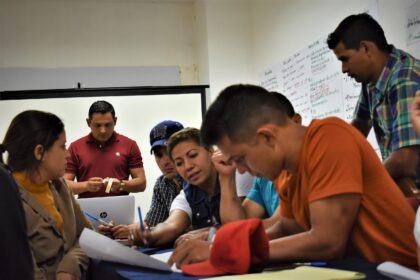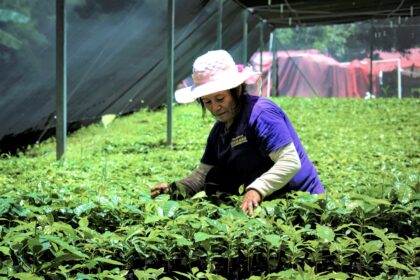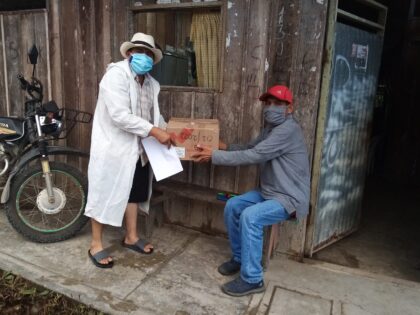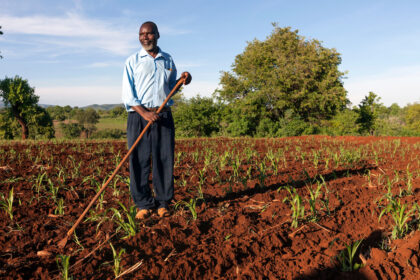In the face of daunting challenges, local leaders in Latin America are innovating to meet these challenges with creative solutions. By investing in these solutions, we can build a greener, more inclusive future across the region and around the world.

In 2019, Root Capital piloted an innovative approach to strengthening women’s inclusion and climate resilience, in partnership with coffee cooperatives in Mexico and Central America. The evaluation uncovered key lessons for philanthropic and business partners.

Leaders in social entrepreneurship have had to rethink existing approaches during the COVID-19 crisis, but breakthrough collaboration has allowed them to channel support through social entrepreneurs at the frontlines.

After two devastating storms battered Central America, many families have been left with no choice but to migrate. Ana Zacapa, Root Capital’s board chair, makes the case for local, sustainable solutions grounded in rural prosperity.

The Biden administration’s new Central America immigration plan must involve investing in rural economies so would-be migrants can have a better future.

It will take a concerted push by governments, investors, philanthropists, social entrepreneurs, and more to build a thriving, resilient smallholder agricultural market. But this effort is critical.

We’ve learned over decades of experience that farming communities have resources and infrastructure ready to be mobilized in times of crisis. By leveraging these resources, we can preserve both lives and livelihoods in vulnerable rural areas.

Root Capital is a member of the Impact Frontiers Collaboration, which developed four steps to help investors integrate impact with financial analysis in their decision-making. It could change the way investors around the world allocate capital to achieve financial, social, and environmental goals. This article in the Stanford Social Innovation Review shows how.

Root Capital has been blessed with a number of social intrapreneurs with game-changing ideas. Some of these innovations became “business as usual” that fundamentally changed the way we operate; some of them grew beyond Root Capital and are well on their way to transforming our entire sector.

We need a comprehensive global effort to both mitigate and adapt to the impacts of climate change. But the latter is not a secondary challenge that can be put on hold until the world solves the former. It’s an immediate need.
